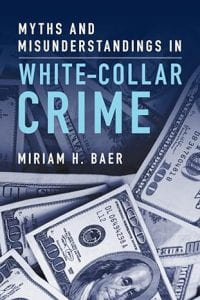On September 14, 2023, Kelley ICG held our first Fireside Chat. Presenters Dirk Jenter & Steven Kaplan discussed “CEO Markets: Public vs Private firms” The chat was moderated by Jun Yang.
Slides from this lecture can be found here.
A brief Q&A with Steve and Dirk can be found below. (more…)
